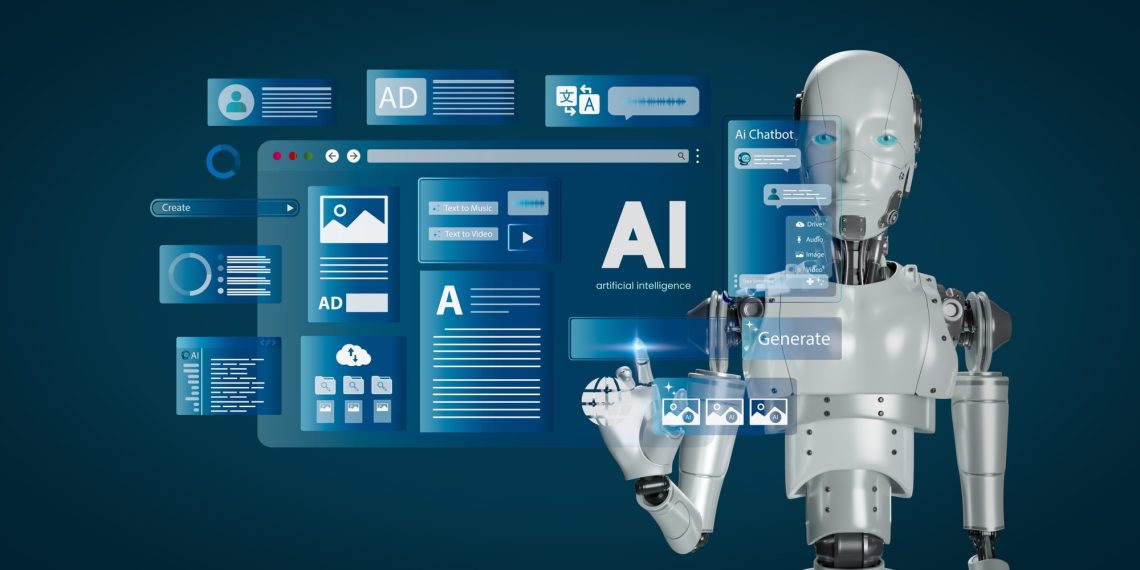AI-powered coding tools are transforming software development, with agentic systems like Claude Code automating up to 79% of coding tasks in recent analyses. This shift is most pronounced in web development and UI design, where AI handles tasks such as creating user interfaces, building websites, and developing mobile app features based on simple user instructions.
Startups are leading this transition, adopting AI coding assistants at nearly twice the rate of large enterprises. They leverage automation to accelerate product development, reduce operational costs, and enable small teams to compete more effectively. For example, a startup might use AI to quickly prototype a web application, freeing developers to focus on system architecture and user experience rather than routine coding.
The data shows that front-end languages like JavaScript, HTML, and CSS are the most affected, indicating that user-facing software is being rapidly disrupted. While back-end tasks remain somewhat less automated, AI is beginning to impact areas like Python and SQL development as well.
Businesses adopting these tools benefit from faster project delivery, improved efficiency, and the ability to redirect skilled employees to higher-value activities such as oversight, strategic planning, or innovation. As AI continues to grow more capable, the traditional role of the programmer is shifting toward guiding, supervising, and refining AI-driven workflows—a change that may soon extend to other skilled professions.









